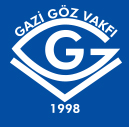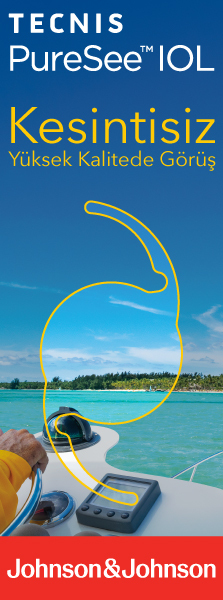2Gazi Ü. Tıp F. Biyokimya AD.,
3SSK Ankara Göz Hastalıkları Merkezi ve Göz Bankası 1.Göz Kliniği, Purpose: To evaluate the relation between blood antioxidant levels and exudative age related macular degeneration (ARMD)
Materials and Methods: Twenty-three patients of exudative ARMD were included in the study. As a control group, 23 patients presented to our clinic for the examination of refraction were also evaluated. Antecubital venous blood samples were taken in all patients to investigate serum ascorbic acid, zinc and copper levels with spectrophotometric methods. Measurements of best corrected visual acuity, slit-lamp examination and applanation tonometry were performed for each subject. All of data were compared statistically using the student-t test.
Results: The ARMD group included 12 males, 11 females and the control group 10 males, 13 females. The ARMD group ranged between 55-83 years (mean 71,78±7,43) and the control group between 33-78 (mean 55,61±15,96). The difference between the levels of ascorbic asid, zinc and copper was not statistically significant between the two groups.
Conclusion: All persons should be encouraged to maintain health nutrition. Middle-aged and elderly patients may benefit from a supplement. An intake in excess of the recommended daily intake may be benefical but this is not proven. Because of the possible toxic effects and complications of oral zinc administration, widespread use of zinc in ARMD is now not warranted.
Keywords : Age related muscular degeneration, ascorbic acid, zinc, copper




